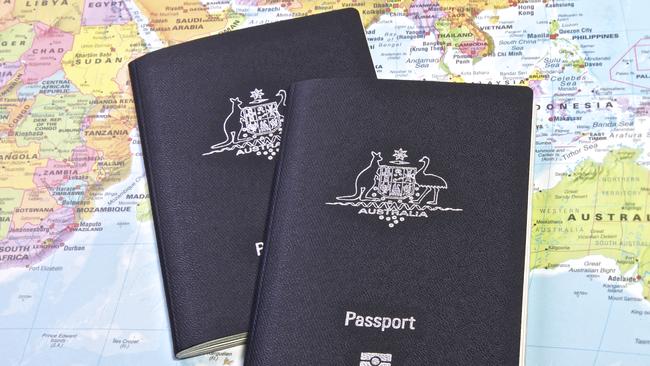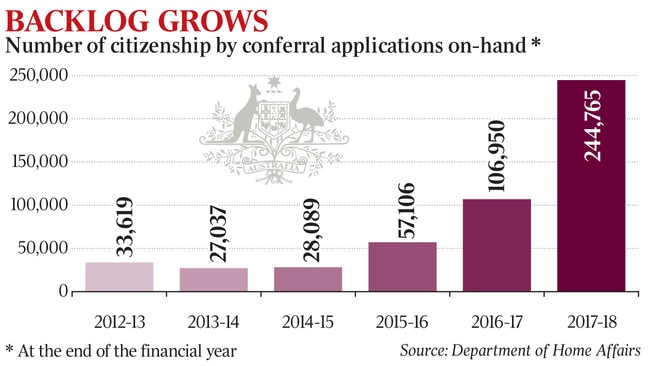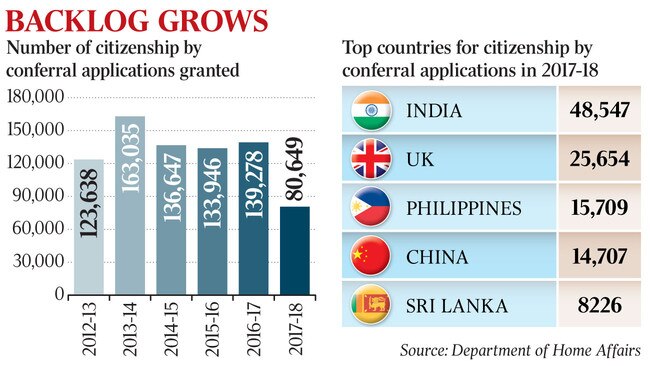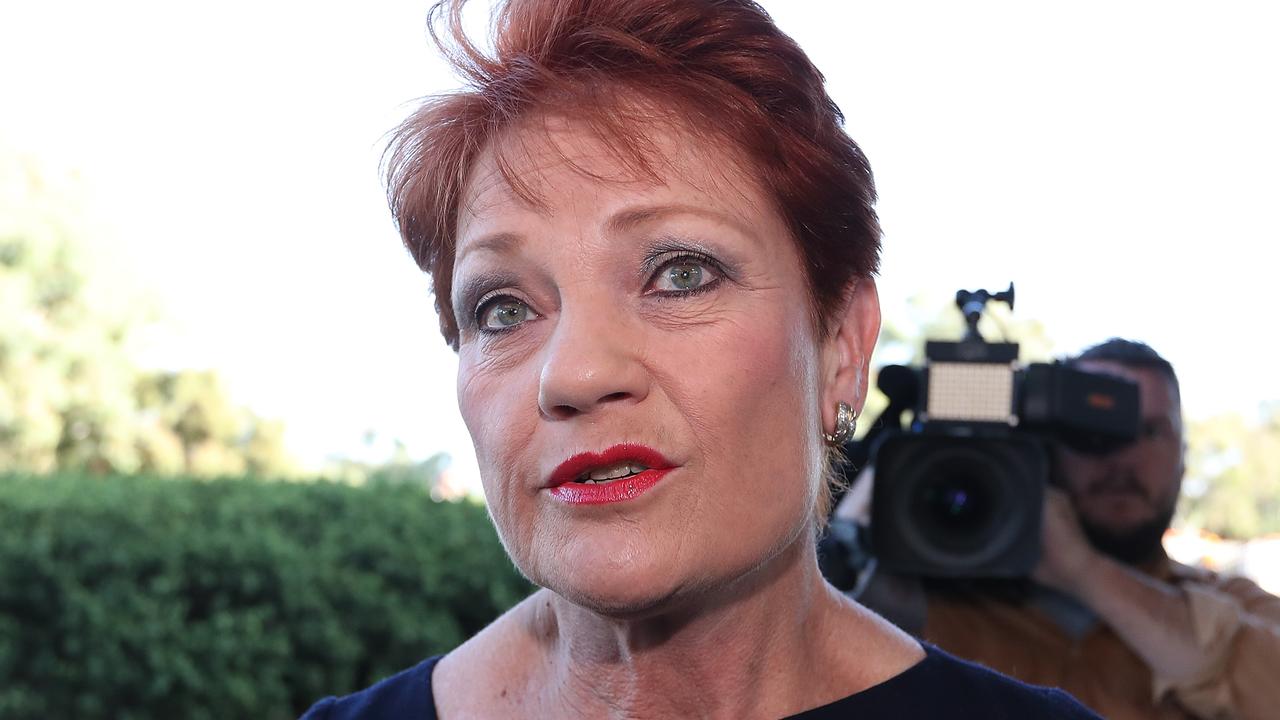Citizenship frenzy after government sought to tighten rules
Citizenship applications have skyrocketed after the government unsuccessfully sought to tighten eligibility rules.

Citizenship applications have skyrocketed after the government unsuccessfully sought to tighten eligibility rules — yet the number of those being approved has almost halved.
The backlog reached 244,431 applications — more than the population of Hobart — in November, Department of Home Affairs figures show, which is more than double the 106,950 that were outstanding in July 2017.
This followed the lodging of 239,413 applications for citizenship by conferral, the stream commonly used by permanent residents, last financial year — a rise of 17.5 per cent on the 203,793 recorded the previous year.
Over the same period, the number of people who actually received citizenship by conferral dropped from 139,278 to 80,649, according to department figures contained in response to a Senate estimates question on notice.
But the Department of Home Affairs said it had improved processing times in recent months, and a spokeswoman for Immigration and Citizenship minister David Coleman said new measures have been put into place since 2015 to “ensure the integrity of the program”.
About 73,000 applications were finalised in the last six months of 2018 - an 83 increase on the same period in 2017. Of those, 39,000 were for approved applications from July to October.

“The government is working to make the citizenship processing system as functional and effective as possible for legitimate applicants, and these efforts are showing good results,” the spokeswoman for Mr Coleman said.
“A task force has been established within the Department of Home Affairs to focus on complex citizenship cases and $9 million is being invested in the recruitment and training of extra staff to ensure citizenship applications are managed as efficiently as possible.”
It’s understood the increase in applications coincided with an increased focus on security and a rise in case involving criminal history and identification issues.
Labor citizenship spokesman Tony Burke said the government should be happy so many people wanted to become Australians.
“When someone wants to pledge their allegiance to Australia, that is something to be welcomed,” he said on Thursday.

“Subject to security checks being completed, people taking the citizenship pledge is good for them, and good for the country.”
There has been little change in the number of applications refused since 2014.
Indian nationals accounted for 20 per cent of all applications lodged last financial year, followed by those from Britain (10.7 per cent), The Philippines (6.7 per cent) and China (6.1 per cent).
Similarly, 42,600 Indian nationals had not had their applications finalised by November 4 — amounting to 17.4 per cent of all outstanding lodgements. There were 23,608 British nationals and 20,944 Chinese citizens in the same situation.
The rise in applications followed the federal government’s 2017 announcement of a proposed tightening of eligibility requirements for citizenship.
This included a new values test, a tougher language test and longer periods of residency required before an application, but it failed to muster enough support in the Senate. The government vowed in late 2017 to revisit the proposals.
Following the initial flood of citizenship applications that followed, it was announced an extra 150 staff were being recruited by the Department of Home Affairs to handle the claims.



